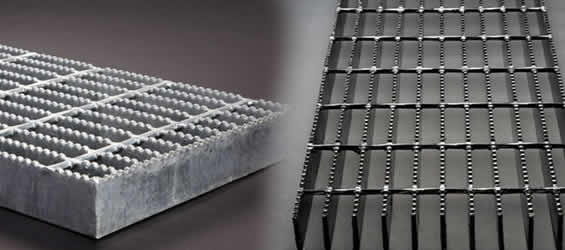
In today’s industrial landscape, skid fabrication has become a crucial method for assembling modular, transportable systems. Whether in oil & gas, chemical processing, or power generation, skid-mounted systems offer efficiency, cost savings, and flexibility. This blog explores what skid fabrication is, its process, advantages, and real-world applications.
What is Skid Fabrication?
Skid fabrication is the process of building self-contained units that integrate various components such as pumps, piping, instrumentation, and electrical systems onto a single structural frame. These skid-mounted systems are pre-assembled in a controlled facility and transported as a complete unit, reducing on-site labor and installation time.
The Skid Fabrication Process
Skid fabrication involves multiple stages to ensure precision, durability, and functionality. Here’s how it works:
1. Design & Engineering
-
Engineers create 3D CAD models and detailed blueprints.
-
Safety, performance, and operational requirements are considered.
2. Material Selection
-
Components are chosen based on environmental factors, pressure, and temperature.
-
Common materials include stainless steel, carbon steel, and specialized alloys.
3. Frame Fabrication & Component Assembly
-
The structural base is fabricated and welded.
-
Essential components like pumps, heat exchangers, and control panels are installed.
4. Instrumentation & Electrical Integration
-
Wiring, sensors, and automation systems are configured.
-
Ensures seamless connectivity and remote monitoring capabilities.
5. Testing & Quality Control
-
The system undergoes hydrostatic, functional, and pressure testing.
-
Compliance with industry standards (ASME, API, ISO) is verified.
6. Shipping & On-Site Installation
-
Once approved, the skid is transported to the site.
-
Plug-and-play functionality enables quick commissioning.
Benefits of Skid Fabrication
Industries prefer skid-mounted systems due to their numerous advantages:
1. Cost-Effective Solution
-
Reduced on-site labor and installation expenses.
-
Factory-tested systems minimize rework and delays.
2. Time-Saving Installation
-
Pre-assembled skids cut down installation time by up to 50%.
-
Ready-to-use systems streamline project timelines.
3. Modular & Scalable Design
-
Easy to expand or modify based on future requirements.
-
Ideal for industries requiring frequent upgrades.
4. Enhanced Safety & Quality Control
-
Factory-controlled fabrication ensures strict quality assurance.
-
Minimizes safety risks associated with field assembly.
5. Ease of Maintenance & Mobility
-
Portable and easily transportable between sites.
-
Simplified maintenance due to modular design.
Applications of Skid Fabrication
Skid-mounted units are widely used in various industries due to their adaptability and efficiency. Some common applications include:
1. Oil & Gas Industry
-
Pump skids for fluid transfer.
-
Gas processing skids for pressure regulation.
-
Chemical injection skids for corrosion control.
2. Chemical & Pharmaceutical Processing
-
Blending and dosing skids for precision chemical applications.
-
Filtration skids for separation processes.
3. Power Generation & Utilities
-
Cooling skids for heat exchangers.
-
Fuel treatment skids for improved combustion efficiency.
4. Water & Wastewater Treatment
-
Desalination skids for clean water production.
-
Disinfection skids for chemical and UV treatments.
5. Food & Beverage Industry
-
Clean-in-place (CIP) skids for sanitation.
-
Ingredient dosing skids for automation in food production.
Key Factors to Consider in Skid Fabrication
When designing a skid system, several factors should be evaluated:
1. Space Optimization
-
Design should maximize efficiency while minimizing footprint.
2. Material Durability
-
Selection should consider environmental conditions, temperature, and pressure.
3. Regulatory Compliance
-
Systems must adhere to ASME, API, ISO, and other industry standards.
4. Long-Term Operational Efficiency
-
Should be designed for low maintenance and easy scalability.
Conclusion
Skid fabrication is revolutionizing industrial operations with cost-effective, efficient, and high-quality solutions. By reducing installation time, enhancing safety, and offering modularity, skid-mounted systems are an essential part of industries such as oil & gas, power generation, chemical processing, and water treatment.
Looking for a custom skid fabrication solution? Partner with experienced fabricators to ensure precision, durability, and operational efficiency for your industrial needs.





Leave a Reply